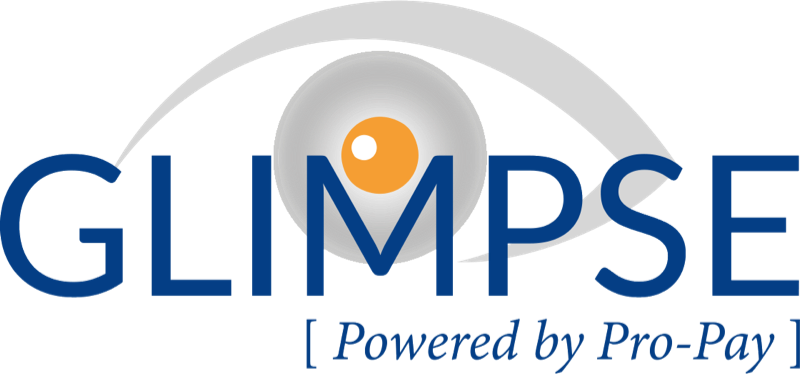Paid educational leave and Flemish training leave: request the wage cost compensation in due time

The summer holidays are over and school has started again, so about time to list all the regional principles regarding educational leave.
What is the scope?
Paid educational leave gives the employee the right to follow an approved training course and to be absent from work while keeping his/her entitlement to salary. Not each and every training course opens the right to educational leave. However, the training does not necessarily need to be linked to the employment activities exercised by the employee for the employer.
Since September 1, 2019, the Flemish, Walloon and Brussels regions have been able to set their own policy priorities. In Flanders, ‘Flemish training leave’ has replaced paid educational leave. In order to determine the competent region for this type of leave, you need to check where the seat of business is located where the employee is employed. This is the address/location as mentioned on the DmfA declaration for the National Social Security Office. The employee’s place of residence or the place where the training is followed are not the determining factors to decide whether there exists a right to educational leave.
With this newsletter we wish to explain the general system and the regional differences of training leave and we discuss the effects of COVID-19. We limit ourselves in the present overview to the rules and regulations of the three biggest regions.
Which employees are involved?
All employees from the private sector working on a full-time basis. Certain part-time working employees are also entitled to this type of leave.
Does this apply to all courses?
No. Only training courses approved by the authorities are eligible, but there are regional differences when it comes to these approvals.
Through the links below you can verify if a training is approved in the region where your employee is employed. Unfortunately enough, these databases are not available in English.
- Flemish region: https://www.vlaanderen.be/opleidingsdatabank
- Brussels: http://werk-economie-emploi.brussels/nl_BE/betaald-educatief-verlof-opleiding
- Walloon region: https://emploi.wallonie.be/home/formation/conge-education-paye.html
- German region: http://www.ostbelgienbildung.be/desktopdefault.aspx/tabid-2342/4465_read-32012/
Can the employer refuse the request for leave?
No, the employee has the right to take training leave and the employer cannot refuse. The days of absence however need to be planned in mutual consent between the employer and the employee.
How many hours of leave can the employee apply for?
This depends on the specific training course the employee follows.
How does the employee apply?
The employee must submit a proof of enrollment to the employer by October 31. In the event of a change of employer or in case of a registration for a training course during the year, this certificate or proof must be delivered within 15 days after the change of employer or registration.
When the employee follows a training course in the Brussels or Walloon region, (s)he needs to hand over a ‘certificate of accuracy’ to the employer on a quarterly basis. In the Flemish region, the employee is no longer required to hand over this certificate of accurate presence to the employer. The institution where the employee follows the training has to register the presence of the employee online. The employer will be able to consult these data on the digital platform of the Flemish government. If the employee does not follow the lessons punctually and therefore has taken more leave than (s)he is entitled to, (s)he will receive less training leave the next time (s)he wishes to register for a training course.
When does the leave need to be taken?
In the Walloon and Brussels region, the days of absence need to be taken between the start and the end date of the course. In the Flemish region, the employee has a little more time: the days of absence need to be taken between the day before the start date of the course and two days after the end date, or after the final exam.
Who’s paying?
The employee who is absent in the framework of educational leave receives his/her normal wage from the employer, but the latter can limit this to 2.928 EUR gross per month for full-time employees. This is the ceiling for school year 2019-2020. This amount will most likely stay the same for school year 2020-2021, but is yet to be confirmed by Royal Decree.
The employer can reclaim part of the salary paid during training leave from the Walloon, Brussels or Flemish government, depending on the region where the employee is employed. The employer can claim 21,30 EUR per hour of absence from the concerning regional government. This amount has remained unchanged for several years and we do not expect this to change for 2020-2021.
The deadlines for submitting the file to claim a reimbursement are very strict and vary by region:
- The Brussels region: The files must be submitted between September 1 and December 31 of the school year following the school year for which reimbursement is requested. So in order to obtain a reimbursement for the hours of absence of the employees for school year 2019-2020, the file must be submitted no later than December 31, 2020. As from this school year, the file can be submitted online.
- The Walloon region: The request can be submitted until March 31 of the school year following the school year for which reimbursement is requested. This means that reimbursement requests for school year 2019-2020 can be submitted until March 31, 2021.
- The Flemish region: you only have 3 months after the start of the course to claim compensation. If your employee has started a training in September 2020 in the framework of Flemish training leave, the file must be submitted before December 31, 2020.
And COVID-19?
The courses that were followed online between March 1, 2020 and June 30, 2020, are assimilated in the 3 regions with effective hours of attendance.
In the Flemish region, a system of ‘blended learning’ has been introduced for the upcoming school year 2020-2021, in which both physical presence and online learning are possible.
What can Pro-Pay do for you?
Pro-Pay can file the applications for (partial) reimbursement of the salary with the competent authorities on your behalf.
Please contact your Payroll Business Partner for more detailed information.















